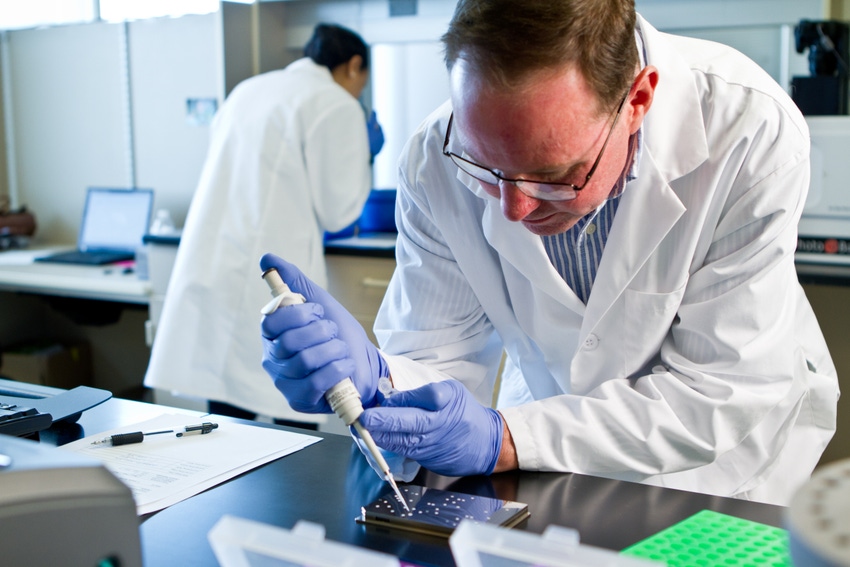August 31, 2018

The Biodesix VeriStrat test received an extra dose of validation last week through a 1,048-patient study published in the Oncologist. The study demonstrated the prognostic value of the VeriStrat test in patients with non-small cell lung cancer (NSCLC).
VeriStrat is a multivariate, mass-spectrometry based test that measures circulating proteins in the blood serum or plasma of patients with NSCLC.
Test results assign a good (VS Good) or poor (VS Poor) classification to patient samples. Multiple studies support that patients with a VS Good result have a better prognosis than patients with a VS Poor result, independent of current clinical prognostic indicators and treatment choice.
Researchers used samples from the Phase 3 MARQUEE trial and found that the VeriStrat (VS) test was a significant predictor of outcomes, independent of ECOG Performance Status categories, patient EGFR (epidermal growth factor receptor) mutation status, treatment received, and other clinical variables.
In the EGFR mutation-positive subgroup, patients with a VS Good result experienced improved overall survival as compared to patients with a VS Poor result when treated with a single-agent EGFR-tyrosine kinase inhibitor (EGFR-TKI).
When the combination of two EGFR-TKI therapies was used, patients with VS Good results still outperformed those with VS Poor results, but those with VS Poor results performed better on the combination therapy than on erlotinib alone, thus indicating the need for an alternative treatment strategy, which may include novel combination therapies. In contrast, the patients with a VS Good result did not receive significant benefit from the additional agent.
“The results were not surprising to us,” Linda Traylor, Ph.D., vice president of Clinical Development and Medical Affairs for Biodesix, told MD+DI. “[However], this is the first study to be published with such a large number of mutation positive patients.”
BioDesix picked up Integrated Diagnostics for an undisclosed sum in an attempt to build on its lung cancer detection offerings.
You May Also Like


